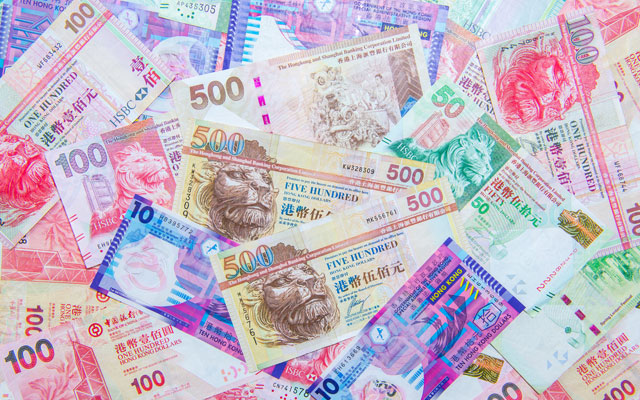Prudence Lui looks at how government aid and subsidies can go a long way to help travel trade members stay relevant in a fast-changing climate
As an industry among the most affected by the digital revolution, travel industry members are constantly under pressure to undergo training and renewal to keep up with the times.
Recognising the lack of resources that many travel agencies face in staff training, the Hong Kong government recently established the HK$5 million (US$639,000) Travel Industry Training Fund (TITF) while the Airport Authority Hong Kong (AA) pledged HK$10 million for the Travel Industry Development Fund (TIDF) to enhance enhancement opportunities for industry members.

The TITF is largely allocated to subsidise training courses organised by training institutions, with a small portion reserved for direct subsidy of selected courses organised by the Travel Industry Council (TIC), which administers both funds.
Commenting on the differences between the two funds, TIC executive director Joseph Tung explained: “Trade practitioners are in dire need of training to stay competitive. The TITF aims to strengthen our training programmes.
“For instance, we subsidised and organised courses like Continuing Professional Development Scheme for Tourist Guides, as the city lacks English-speaking tour guides and course attendance wasn’t good due to the high fees. With the fund, we are able to lower the fee or ensure smaller class sizes.”
He added: “The TIDF focuses more on enhancing members’ general knowledge on tourism and products. We will work with different tourism boards and arrange inspections if necessary. Members are also encouraged to take part in trade activities organised by Hong Kong Tourism Board.”
Futher details and frameworks of both funds will be announced later, he shared.
Welcoming the move, The Hong Kong Association of Registered Tour Co-ordinators’ chairman Wing Wong, said: “It really helps as the subsidies benefit frontline staff in agent operations like ticketing and not just tour guides. We’ll definitely take advantage of it because our tour guide course on Hong Kong Geopark was very costly due to expenses like boat rental. Therefore, the fund enables us to lower the course fee.
“Moreover, our association organises various training courses every month so our members would not be discouraged by expensive fees,” he continued.
CTS International Science-Technology & Culture Exchange, director, Ng Hi-on plans to ride on the subsidies to elevate service quality and standard of frontline staff. But with 1,700 travel agents in Hong Kong, he reckons that more than HK$10 million should be allocated for the funds to effectively serve the trade.
Apart from software skill upgrade, since mid-2016 the government also set aside HK$10 million for the Pilot Information Technology Development Matching Fund Scheme for Travel Agents, a matching fund with the ceiling set at HK$100,000 for each application.
So far, more than HK$6 million have been approved for qualified applications made by agents to upgrade their IT systems. Tung said that government has agreed to pump in additional resources once existing funds are exhausted.




















